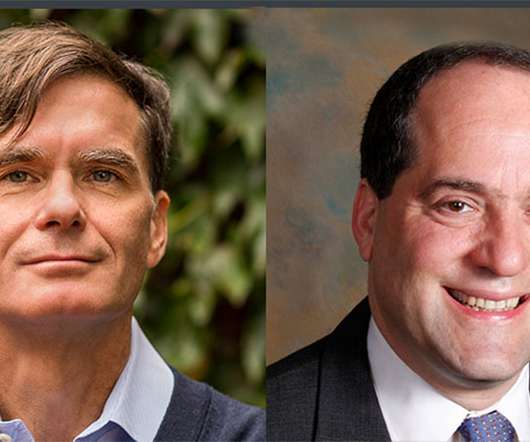Is it time for geriatricians to get on board with lecanemab? Jason Karlawish and Ken Covinsky
GeriPal
DECEMBER 15, 2022
Along the way we address: Is this degree of slowed cognitive decline meaningful to patients or care partners? Summary Transcript Summary. We’ve talked at length on prior podcasts about the failures of aducnumab, Biogen, and the FDA’s decision to approve it. . But wait, there’s a shiny new anti-amyloid drug, lecanemab! (No Transcript.
















Let's personalize your content